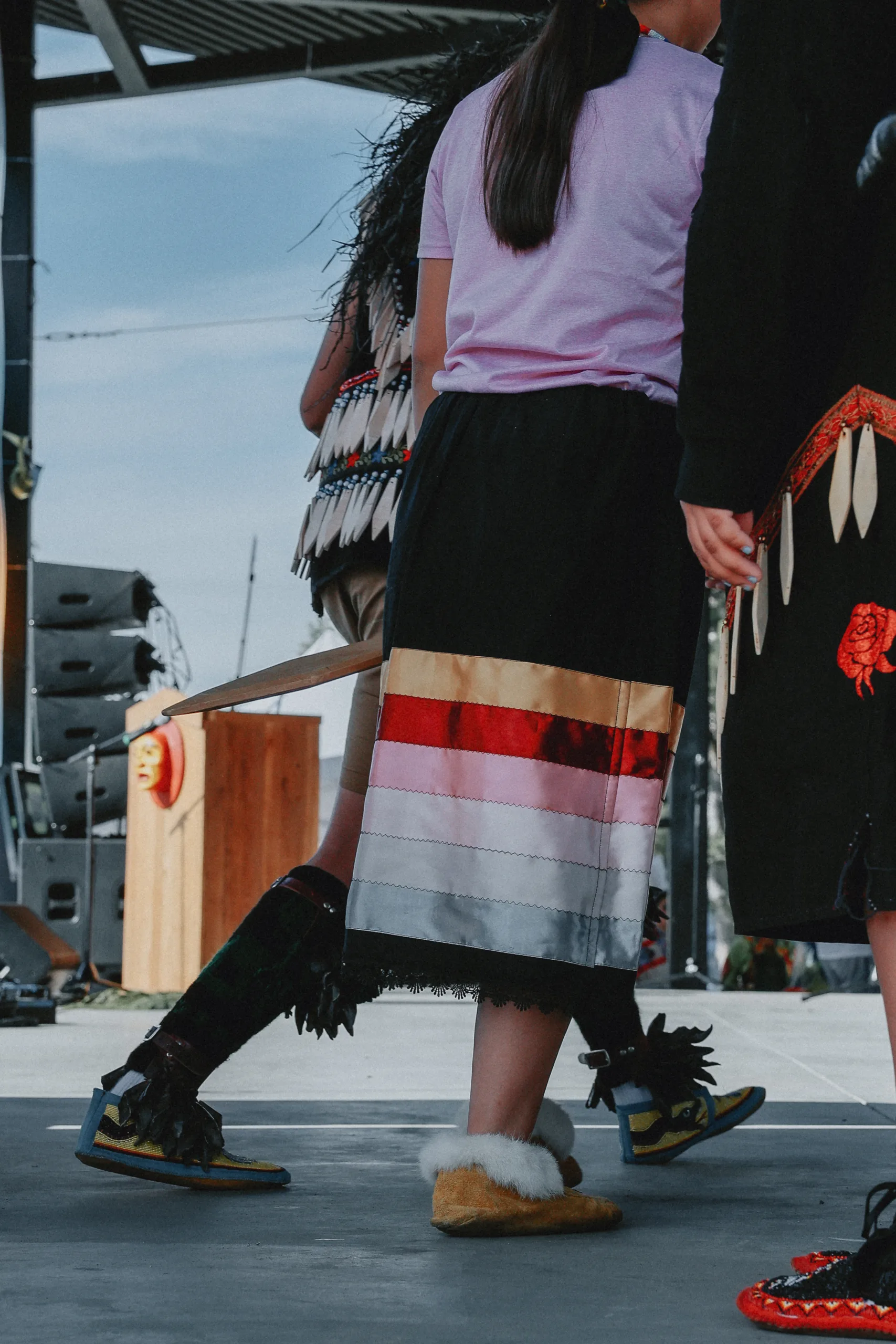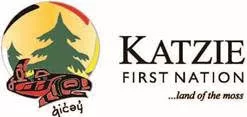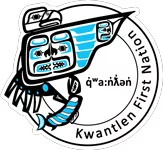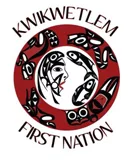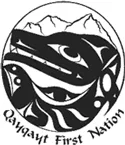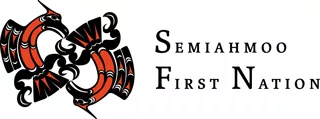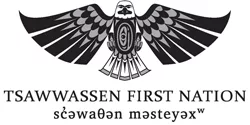Today, Skookum Lab made public two evaluation reports that show the power of Indigenous social innovation. Each report documents a Skookum Lab prototype designed to disrupt the systems that create and sustain Indigenous child poverty in Surrey.
The first prototype, Guide Groups, are nodes of community support comprised of 62 Indigenous Elders, youth, caregivers, and community support workers. Guide Groups have emerged as a focal point for creating resiliency, hope and supportive relationships through a culturally connected community of care in Surrey. Guide Groups address the feelings of isolation from the urban Indigenous community, the disconnection from culture, and the lack of kinship or community networks that can support individuals and families in times of need. Some guide group participants reflect on their participation:
“Creating connections with other people or building a community that way [through Guide Groups], feels more like a family connection than just a bunch of people getting together talking.”
“I just wish everybody could get involved because it’s good for people. It’s so good for us, and our family, and it made such a difference.”
“Skookum Lab sees that we are tight in it, we’re concentrated, doing stuff in the community, for the community, building community…it’s for us by us.”
“One thing that we can do to be a positive influence of change, is by bringing some knowledge and insight to people who aren’t First Nations in the community.”
The second prototype, the Indigenous Partnership Pilot Program (IPPP), is a partnership with the Ministry of Social Development and Poverty Reduction, Fraser Regional Friendship Centre Association, and Kekinow Native Housing Society. The IPPP was a direct response to the lived experiences of poverty documented by Skookum Lab and the many obstacles Indigenous people face when accessing government social services. The prototype aimed to reduce barriers and deliver a broad range of wrap-around services with respect, dignity and trust.
The recommendations of the IPPP report call for replication and expansion of the program because of its success. Participants explained their experiences accessing services in safe spaces and with culturally safe communication tactics:
“Yeah, to feel that comfort level, you know, so you don’t have to worry about it … even if you (IPPP worker) were to say ‘no, you don’t qualify for this’ but say ‘oh, maybe I can do something else for you’. So, it makes you feel good, you know, to ask, just that they even ask and know what you’re qualified for and that’s good to know.”
“So that piece of also just the IPPP worker being efficient and really caring and making effort. You really saw that compared to other support workers.”
“I guess, because I could go to a native place that I felt like I’m with my own people kind of thing. It was like I belonged, like that aspect that I have people more on my side. Yeah, rooting for me versus going to somewhere, or just gonna have that kind of hypocritical judgment.”
These evaluation reports confirm the power of Indigenous social innovation to create meaningful change. Jeska Slater, Skookum Lab Social Innovation Coordinator explains, “These prototypes were successful because they were co-created at every step. Deep and active listening to the community’s needs allowed us to respond to their priorities. We also embedded an Indigenous worldview in the design and implementation of the prototypes. The success of these prototypes is a clear sign that Skookum Lab is making an impact.”
Both reports are now available at:
Guide Groups Final Evaluation
Indigenous Partnership Pilot Program Final Report
The Surrey Urban Indigenous Leadership Committee (SUILC) created Skookum Lab to address the high rate of Indigenous child poverty in Surrey. SUILC formed in 2015 to be a voice for the more than 13,000 Indigenous people living in Surrey. For more information visit the website at https://surreyindigenousleadership.ca or follow on Twitter at @SRYIndigenous.

